Former President Donald Trump leveraged economic discontent, extended his appeal beyond his core support groups and overturned long-term political trends in the 2024 presidential election, driving his unique political style to a remarkable comeback.
While ABC News had not projected a winner by early Wednesday morning, Trump's performance broke the mold across a variety of measures.
Among them, Hispanic voters, long a solidly Democratic group, voted for Vice President Kamala Harris over Trump by just 53-45% -- the closest margin since exit polls began in 1976. That 8-point win for Harris compares with 33 points for President Joe Biden among Hispanic voters four years ago.

A supporter of former US president and Republican presidential candidate Donald Trump gestures as they gather near his Mar-a-Lago resort in Palm Beach, Florida, on Election Day, November 5, 2024.
Giorgio Viera/AFP via Getty Images
Trump's gain chiefly was among Hispanic men -- a win by 10 points, after losing them by 23 points in 2020. Given the country's increasingly diverse population, Republican competitiveness among Hispanic voters could represent a sea change in the nation's political landscape.
At the same time, diversity declined in this election: It was the first time since 1996 that racial and ethnic minorities did not increase their share of the electorate, even if by a scant point or two. In all, they went from just 13% of voters in 1992 (with the rest, 87%, white) to 33% in 2020 (with 67% white). In this election, white voters accounted for 71%, a 4-point increase; minority voters moved down to 29%.

Republican presidential nominee and former U.S. President Donald Trump speaks following early results from the 2024 U.S. presidential election in Palm Beach County Convention Center, in West Palm Beach, Florida, Nov. 6, 2024.
Brendan Mcdermid/Reuters
The main gain among white people was those who don't have a four-year college degree, +4 points as a share of the electorate and a broadly pro-Trump group.
White people overall voted 55-43% for Trump. That compared with Harris wins of 53-45% among Hispanic people (an historically tight margin, as noted) 56-38% among Asian voters and 86-12% among Black voters, a typical result for Democrats.
Another break from the past was in terms of straight-ahead partisanship. Thirty-four percent of voters identified themselves as Republicans, 32% as Democrats and 34% as independents. However tight the margin, it was the first time in exit polls that Republicans outnumbered Democrats nationally.
There was a huge gap between young men (roughly evenly split, 49-47%, Harris-Trump) and young women (+27 points for Harris, 63-36%). Still, Harris' vote from young women was down 4 points from Biden's in 2020.

Women with Alpha Kappa Alpha Sorority Inc. sit together ahead of an election night event held by Democratic presidential nominee, U.S. Vice President Kamala Harris at Howard University on Nov. 5, 2024 in Washington, DC.
Brandon Bell/Getty Images
Harris won women by 54-44%; Trump won men by an identical margin. That 20-point gender gap almost exactly matches the average since 1996. Tellingly, though, Harris' support from women was 3 points lower than Biden's in 2020.
In another dramatic shift, Harris underperformed Biden by 19 points among first-time voters (even if a small group, 8% of the electorate). They went 54-45% for Trump over Harris, after backing Biden over Trump by 64-32%. Trump doubled his support in this group.
College-educated voters were about as good for Harris as they were for Biden – but Trump did 4 points better among non-college voters than he did four years ago. Non-college voters, notably, are more economically vulnerable: Fifty-three percent in that group said they'd gotten worse off financially under Biden's presidency. Just 33% of college-educated voters said the same.
One more departure in the 2024 election bears note: Even with her overall outcome, Harris won independent voters, 50-45%. Independents often -- but not always -- vote with the winner.

Former U.S. President Donald Trump prepares to speak at his election night event at the West Palm Beach Convention Center in West Palm Beach, Florida, Nov. 6, 2024.
@EricTrump/X
On issues, the most striking result by far was the share of people overall saying they've gotten worse off financially under the current administration, 45%. That was the highest in exit polls that have asked the question, even surpassing the 42% worse off in 2008, in the teeth of the Great Recession. It was up from 20% four years ago, a more than doubling of the worse-off population under the administration in which Harris is No 2.
Conversely, a mere 24% this year said they'd become better off under Biden, a question Trump asked repeatedly at his campaign rallies.
Biden took the heat, with just a 40% job approval rating, with 58% disapproving, the lowest approval for an incumbent president in exit polls since President George W. Bush's 27% as he left office in 2008.
But Harris took the heat, as well.

 2 settimane fa
5
2 settimane fa
5


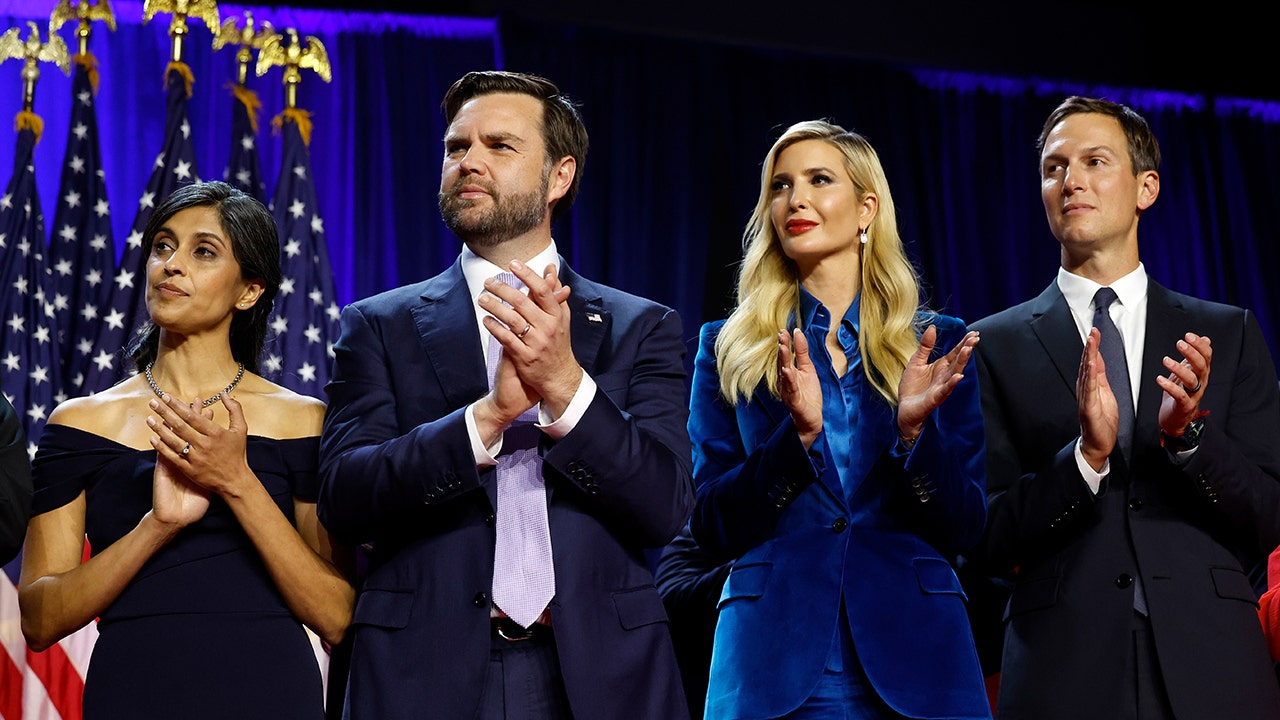



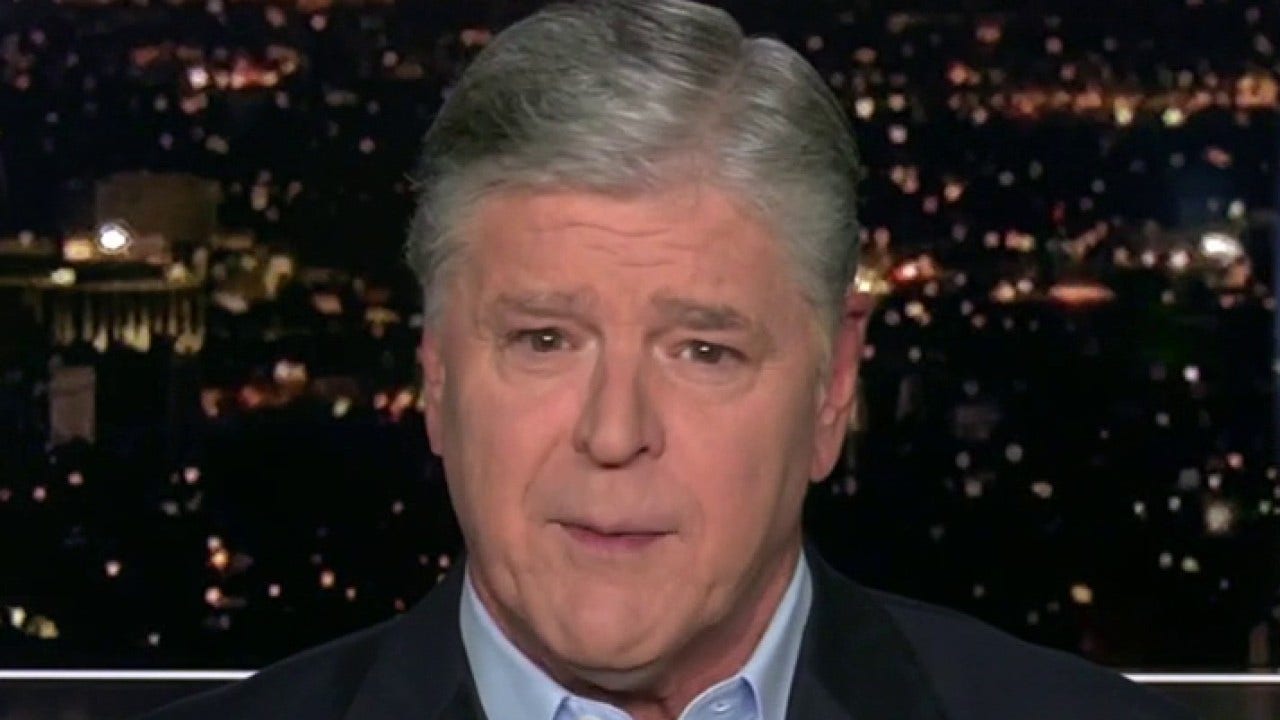
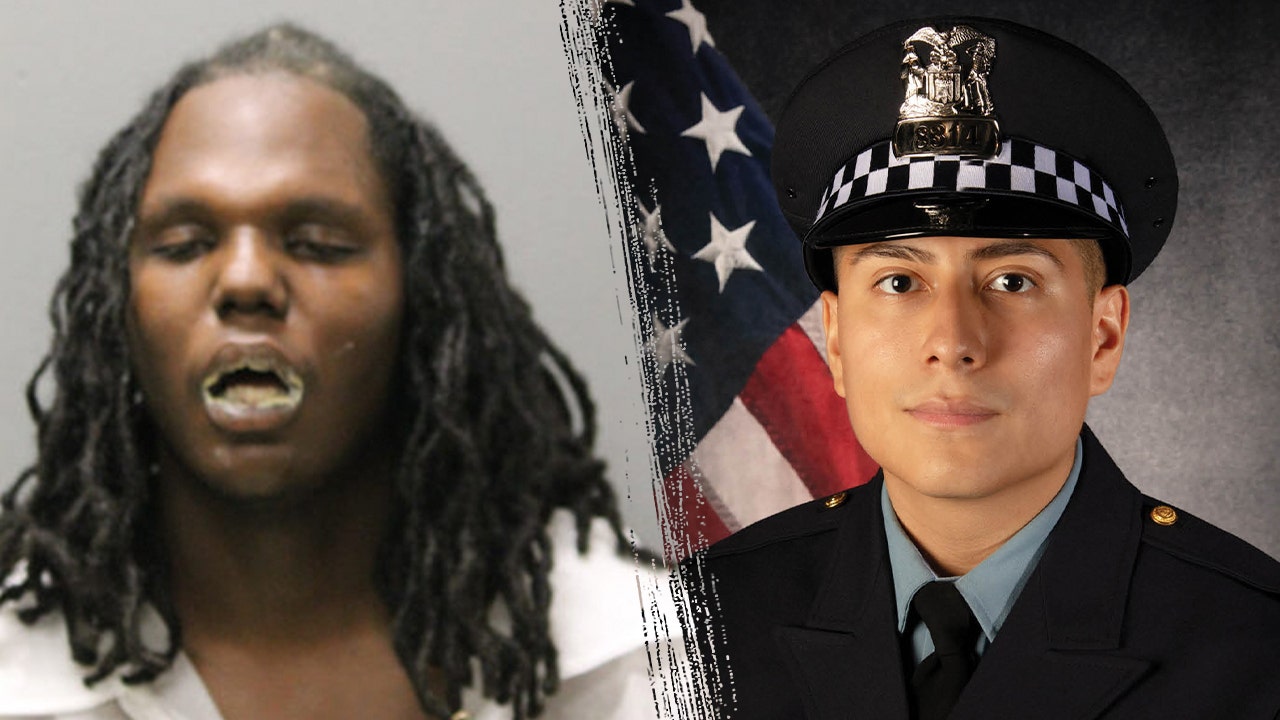


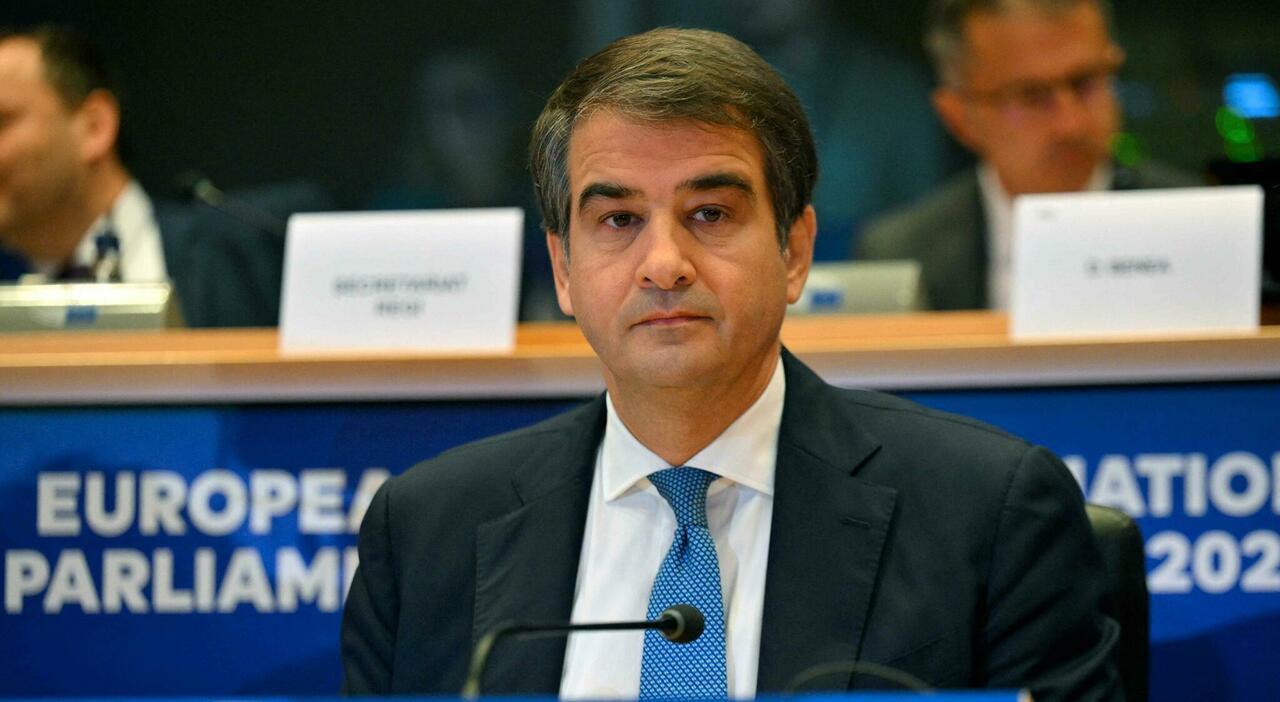
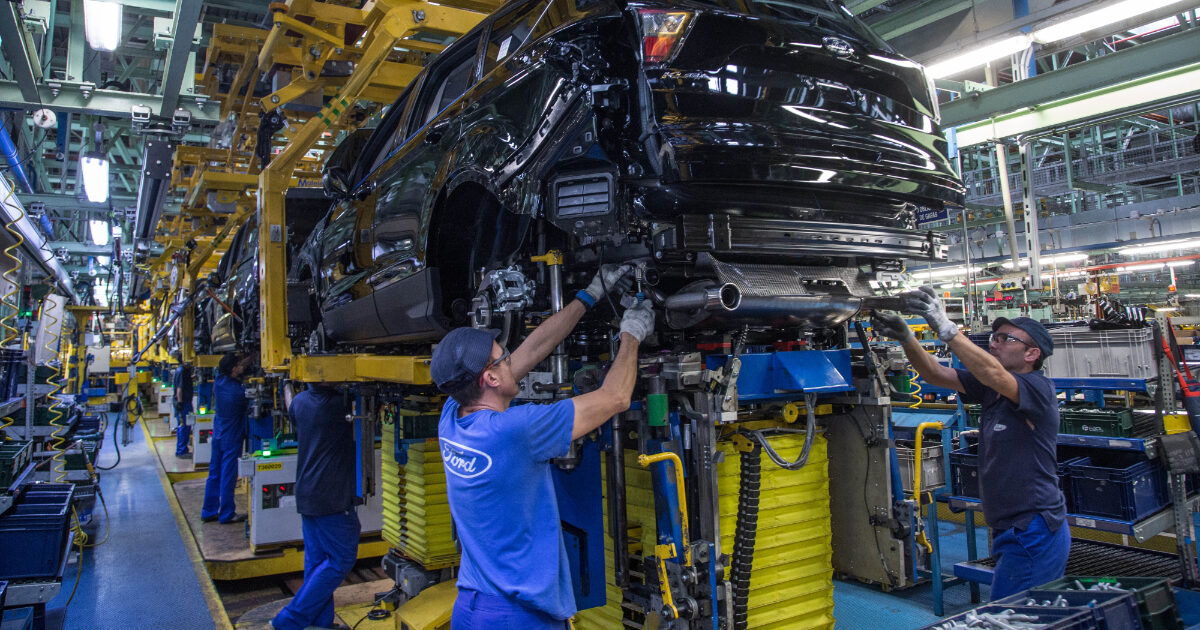



 English (US) ·
English (US) ·